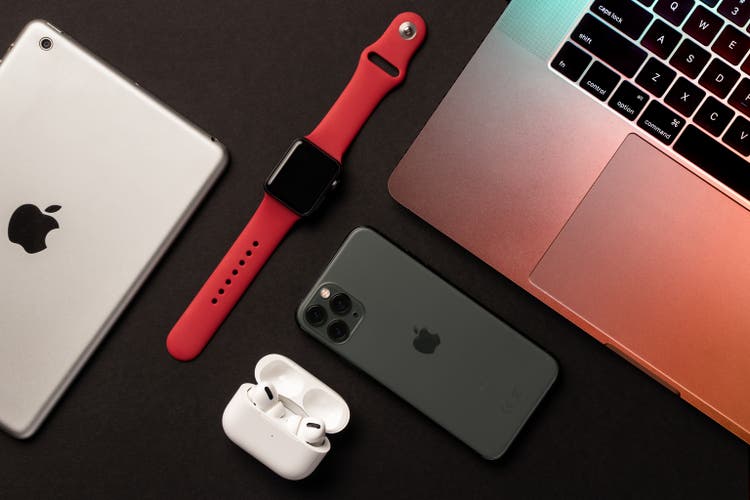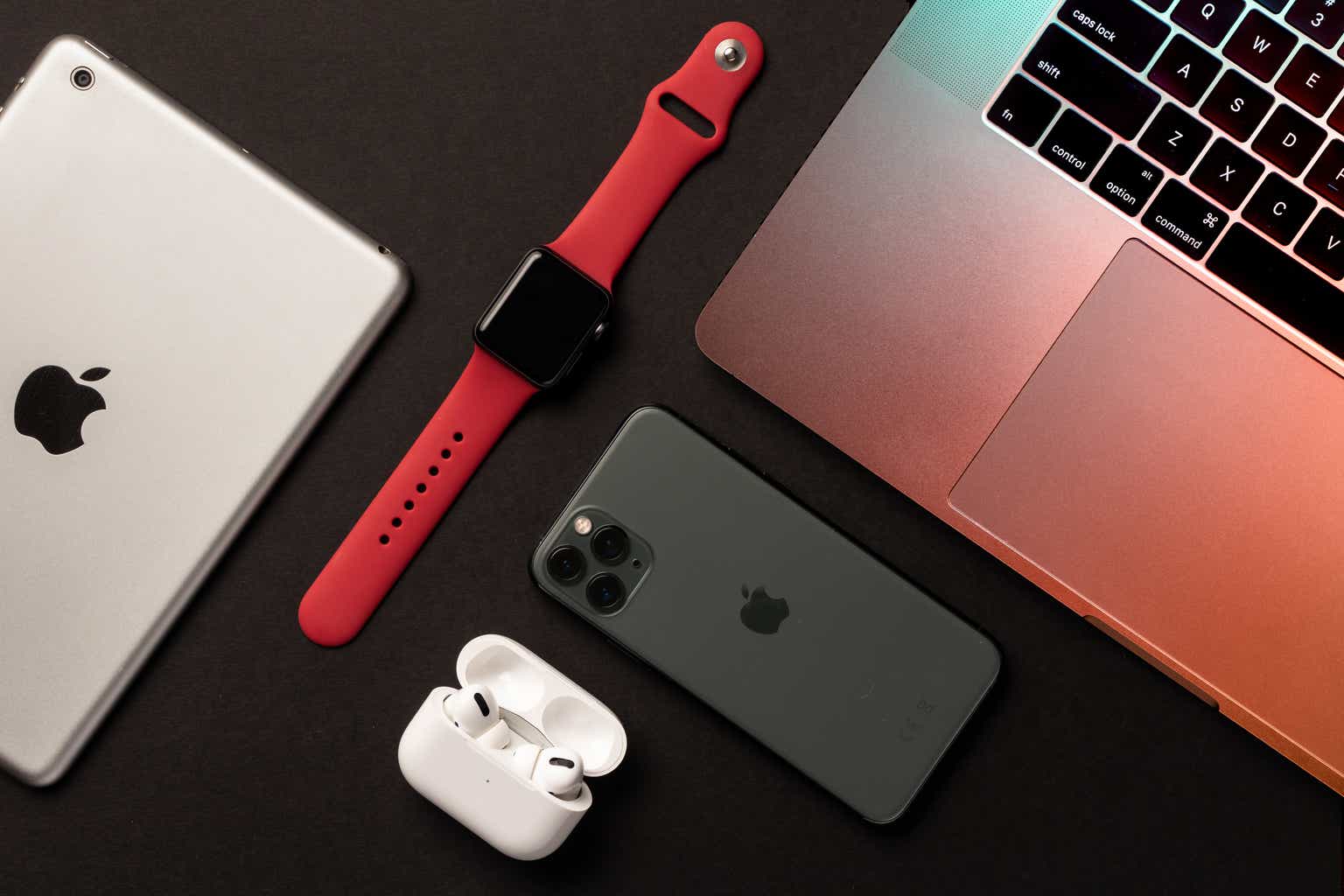Mar. 17, 2023 12:10 PM ETApple Inc. (AAPL)NVDA, TSM1 Comment2 Likes

In 2015 I wrote an article titled Apple: Becoming A Semiconductor Powerhouse. In the article, I pointed out that Apple's (NASDAQ:AAPL) product volumes for iOS devices were large enough that the value of Apple's custom processors inside them made the company one of the largest of the "fabless" semiconductor companies. In this article, I offer a new set of calculations that include Apple A and M series systems on chip (SOCs) through fiscal 2022. A conservative estimate of the value of Apple semiconductors for its fiscal 2022 puts it on par with Intel's (INTC) fiscal 2022 company revenue.

 seekingalpha.com
seekingalpha.com

In 2015 I wrote an article titled Apple: Becoming A Semiconductor Powerhouse. In the article, I pointed out that Apple's (NASDAQ:AAPL) product volumes for iOS devices were large enough that the value of Apple's custom processors inside them made the company one of the largest of the "fabless" semiconductor companies. In this article, I offer a new set of calculations that include Apple A and M series systems on chip (SOCs) through fiscal 2022. A conservative estimate of the value of Apple semiconductors for its fiscal 2022 puts it on par with Intel's (INTC) fiscal 2022 company revenue.
Why I decided to revisit the Apple-as-a-semiconductor company calculations

Apple Stock: A Semiconductor Colossus (NASDAQ:AAPL)
Apple has become a semiconductor colossus rivaling the largest in the industry. Click here to read why I remain long AAPL and rate it a buy.

